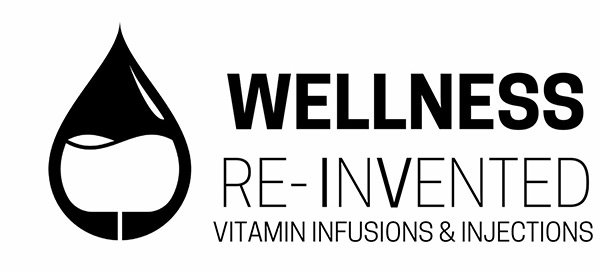B-Complex, only simple.
Introduction:
B vitamins are essential nutrients that are responsible for maintaining good health and wellness. They are a group of water-soluble vitamins, which means they are not stored in the body and must be replenished through diet or supplementation. There are eight B vitamins, each with a unique role in the body. In this article, we will look at each B vitamin and its benefits.
B1 (Thiamine):
Thiamine, also known as vitamin B1, is essential for breaking down carbohydrates into energy. It also helps the body produce ATP, a molecule that provides energy to cells. Thiamine also plays a role in the nervous system and helps with cognitive function. A deficiency in thiamine can lead to beriberi, a condition that causes weakness and pain in the limbs.
Sources: Whole grains, meat, fish, nuts, and legumes.
B2 (Riboflavin):
Riboflavin, also known as vitamin B2, is involved in the production of red blood cells and helps convert food into energy. It also works as an antioxidant, fighting against free radicals that can damage cells.
Sources: Milk, eggs, meat, green leafy vegetables, and whole grains.
B3 (Niacin):
Niacin, also known as vitamin B3, is important for maintaining healthy skin, nerves, and digestive system. It also helps convert food into energy and can help lower cholesterol levels. A deficiency in niacin can lead to pellagra, a condition that causes skin rashes, diarrhea, and mental confusion.
Sources: Meat, fish, nuts, and whole grains.
B5 (Pantothenic Acid):
Pantothenic acid, also known as vitamin B5, is involved in the production of hormones and the breakdown of fats and carbohydrates. It also helps with wound healing and can improve skin health.
Sources: Meat, fish, whole grains, and vegetables.
B6 (Pyridoxine):
Pyridoxine, also known as vitamin B6, is involved in more than 100 enzyme reactions in the body. It helps with brain development and function, the formation of red blood cells, and the breakdown of proteins. It also plays a role in the immune system and can help reduce PMS symptoms in women.
Sources: Meat, fish, nuts, whole grains, and vegetables.
B7 (Biotin):
Biotin, also known as vitamin B7, is essential for healthy skin, nails, and hair. It also helps convert food into energy and plays a role in the metabolism of fatty acids and amino acids.
Sources: Egg yolks, liver, nuts, and vegetables.
B9 (Folic Acid):
Folic acid, also known as vitamin B9, is essential for proper brain function and development. It also helps with the formation of red blood cells and the synthesis of DNA. It is especially important for women who are pregnant or trying to conceive as it can reduce the risk of birth defects.
Sources: Leafy greens, beans, liver, and fortified grains.
B12 (Cobalamin):
Cobalamin, also known as vitamin B12, is essential for nerve function and the formation of red blood cells. It also plays a role in the metabolism of amino acids and fatty acids. A deficiency in B12 can lead to anemia, fatigue, and neurological symptoms.
Sources: Meat, fish, dairy, and fortified grains.
Conclusion:
In conclusion, B vitamins are crucial for maintaining good health and wellness. Each B vitamin has a unique role in the body and can provide various benefits. It is important to consume a balanced diet that includes foods rich in B vitamins or take a supplement if needed. If you have any concerns about your B vitamin intake or overall nutrition, it is recommended to consult a registered dietitian.
